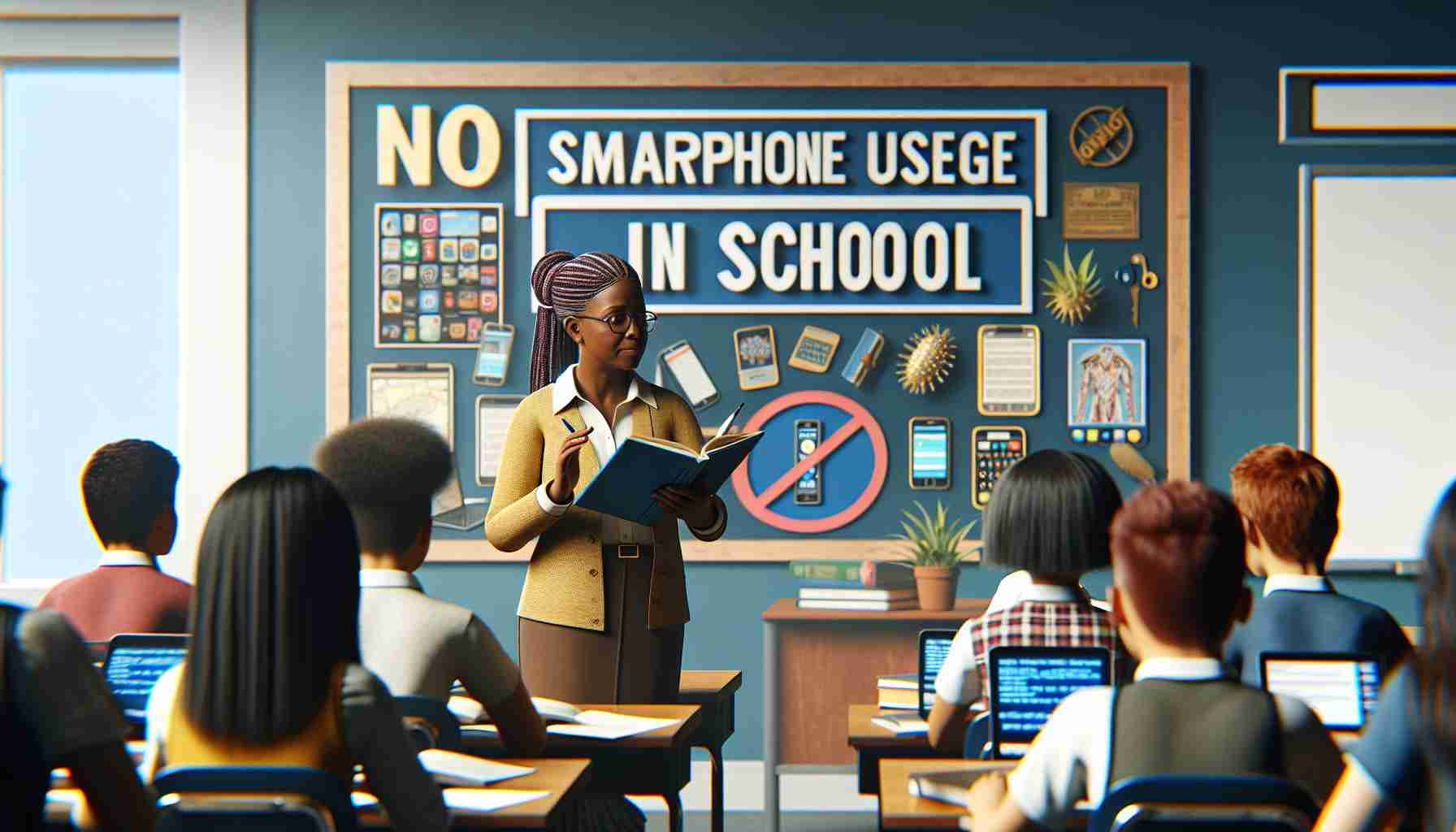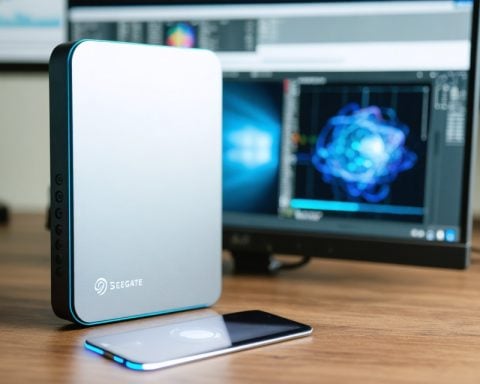In a significant move to enhance focus and reduce distractions among students, Governor Gavin Newsom has officially enacted AB 3216, known as the Phone-Free School Act. This new legislation mandates that educational institutions establish restrictions on the use of smartphones within their premises by July 2026.
The primary objective of this law is to create an environment conducive to learning, free from the interruptions and distractions that mobile devices often bring. Schools across California will have to develop and implement policies that either limit or outright ban smartphone usage during school hours. This initiative has garnered attention as educators and parents alike express concern over the pervasive nature of technology in the classroom.
By implementing the Phone-Free School Act, the state aims to encourage students to engage more deeply with their studies and foster face-to-face interactions among peers. As educational institutions prepare for this transition, they are exploring various strategies to effectively manage students’ use of technology while promoting an academic atmosphere.
The upcoming years will be critical as schools navigate these new regulations and assess their impact on student behavior and performance. This law marks a significant step in redefining the educational experience in a digital age, emphasizing the importance of undistracted learning environments.
Enhancing Focus and Productivity: Tips for Adapting to the Phone-Free School Environment
With California enacting the Phone-Free School Act, students, educators, and parents alike are stepping into new territory regarding smartphone usage in educational settings. Here are some valuable tips and interesting facts to help you adapt to this shift, enhancing focus and productivity not only in school but in everyday life, at work, and beyond.
1. Embrace Face-to-Face Communication:
With smartphones out of the picture during school hours, students will have to rely more on in-person communication. This presents an excellent opportunity to improve social skills and build stronger relationships with classmates. Practicing conversational skills can lead to better teamwork and collaboration in future work settings.
2. Set Up a Study Routine:
Without the temptation of a smartphone nearby, it’s the perfect time to establish a focused study routine. Designate specific blocks of time for studying, incorporating regular breaks to maintain energy and concentration. This habit will serve students well throughout their academic careers and into professional environments.
3. Explore Alternative Learning Tools:
Rather than smartphones, students can utilize physical textbooks, notebooks, or educational tools like whiteboards for studying. This hands-on approach can enhance retention and encourage creativity in problem-solving, invaluable skills in both school and the workplace.
4. Mindfulness and Focus Techniques:
Encouraging mindfulness practices, such as meditation or deep-breathing exercises, can help improve concentration. Implementing these techniques can assist students in managing stress and anxiety, contributing to a more peaceful and productive learning environment.
5. Utilize Technology Wisely:
Even with limitations on smartphone use in schools, technology can still play a beneficial role if used wisely. Encourage the use of school computers or tablets for educational purposes, focusing on productive applications that aid in learning rather than distract.
6. Engage in Extracurricular Activities:
With fewer distractions from smartphones, students may find they have more time to engage in extracurricular activities. Whether it’s sports, clubs, or community service, getting involved can enhance skills, build networks, and improve mental health.
Interesting Fact:
Research has shown that limiting smartphone usage in educational settings can lead to improved academic performance. Studies indicate that students who are less reliant on their devices often demonstrate better focus, comprehension, and retention of information.
7. Prepare for a Digital-Free Workspace:
As students prepare for real-world opportunities, developing skills to focus without technology will be tremendously beneficial. Many workplaces encourage digital downtime to promote productivity, so exposing students to these habits early can enhance their employability.
In conclusion, the Phone-Free School Act is not only a legislative move but also an opportunity for personal growth and development. By fostering an environment that prioritizes learning and face-to-face interactions, students will be better equipped for success not only in school but in their careers as well.
For more information on educational developments in California, visit California Department of Education.
























